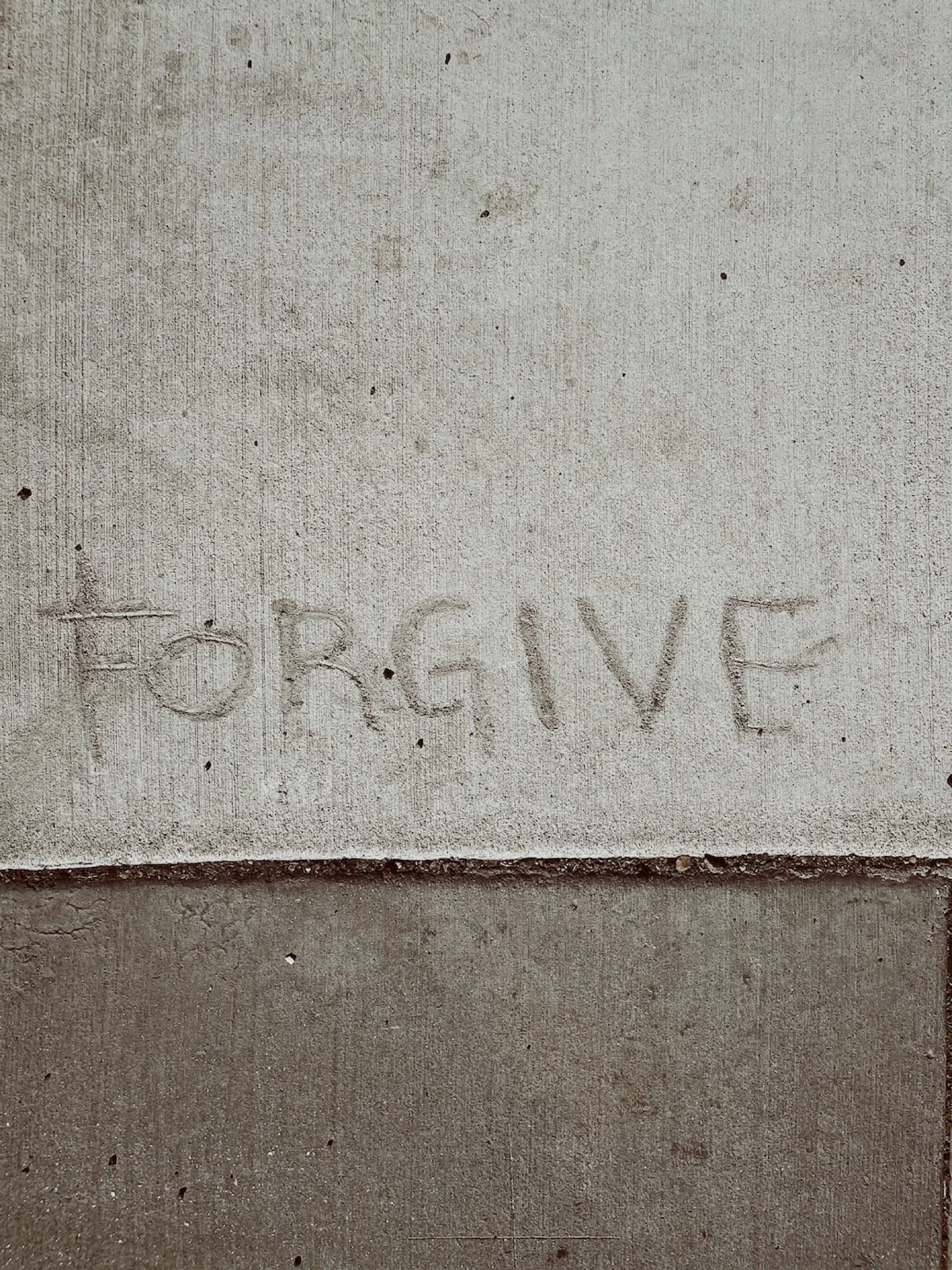Readings for today: 2 Samuel 16-18
Refusing to forgive someone always comes at a cost. The cost of intimacy when one holds a grudge against another. The cost of a relationship if the wound is too deep. The cost of a future you might have had with that person. The cost of peace as an entire family or community is disrupted.
We see the bitter cost of unforgiveness on display in our story today. The most obvious, of course, is the cost to Israel over David’s unwillingness to forgive Absalom and Absalom’s unwillingness to forgive in return. Their bitterness turns to open warfare, resulting in a civil war that will cost thousands of lives. However, buried deep within in this passage is another story of unforgiveness that factors into the equation. It’s the story of Ahithophel. I’ve always wondered why this man saddles his donkey, rides home, and commits suicide after his advice is not taken. It seems like such an extreme reaction. But when one digs deep, one finds an answer potentially revealing itself. In the list of David’s mighty men from 2 Samuel 23, we meet Ahithophel’s son. His name is Eliam. Eliam is listed in the same list as Uriah the Hittite, Bathsheba’s first husband. The plot thickens when we read in 2 Samuel 11:3 that Bathsheba is the daughter of Eliam. If it is indeed the same Eliam, this means he gave his daughter Bathsheba to his friend and comrade in arms, Uriah, in marriage thus signaling the closeness of their relationship. Now imagine you are Ahithophel and you are watching the events of the last few chapters unfold, helpless to intervene. You watch as your king - the king you have loved and served your entire life - rapes your granddaughter and murders her husband. You’ve most likely had to console your son in his rage and grief. Is it any wonder he joined the rebellion against David? And then when his counsel is not followed and he becomes convinced he will not be able to avenge the honor of his family, he goes home and takes his own life.
It’s a tragedy on Shakespearean levels. All because the parties involved refused to break the cycle of violence and shame and unforgiveness. Now I think about the many examples I see in my own life. Thankfully, they don’t reach the kind of level that David and Absalom’s or David and Ahithophel’s conflict reached. They don’t result in the death of thousands or a civil war but they do result in the death of marriages. The death of friendships. The death of small groups. The death of churches. I’ve watched as hurt, pain, disappointment, and unmet expectations turn into deep wounds that refuse to heal as both parties continue to withhold the forgiveness God demands. I’ve watched the bitterness and anger build until one party has to separate or leave or file or walk away. It’s never clean and never easy. The brokenness is often perpetuated in future relationships because when we refuse to forgive, we become enslaved to our pain. The pain of David would mark the rest of his reign, resulting in him giving his son Solomon a hit list as he lie on his death bed of people to kill. All because he refused to forgive.
What about you today? Who do you need to forgive? Who have you been withholding forgiveness from? Where do you need to let go of bitterness and anger and release the grudge you are carrying? In the Lord’s Prayer, Jesus teaches us to ask God to “forgive us our sins AS we forgive the sins of others.” Our experience of God’s forgiveness is intimately tied to the forgiveness we offer others. Trust the Lord. Follow His way. Extend forgiveness to those who’ve hurt you and be set free.
Readings for tomorrow: Psalms 26, 40-41, 58, 61-62, 64
